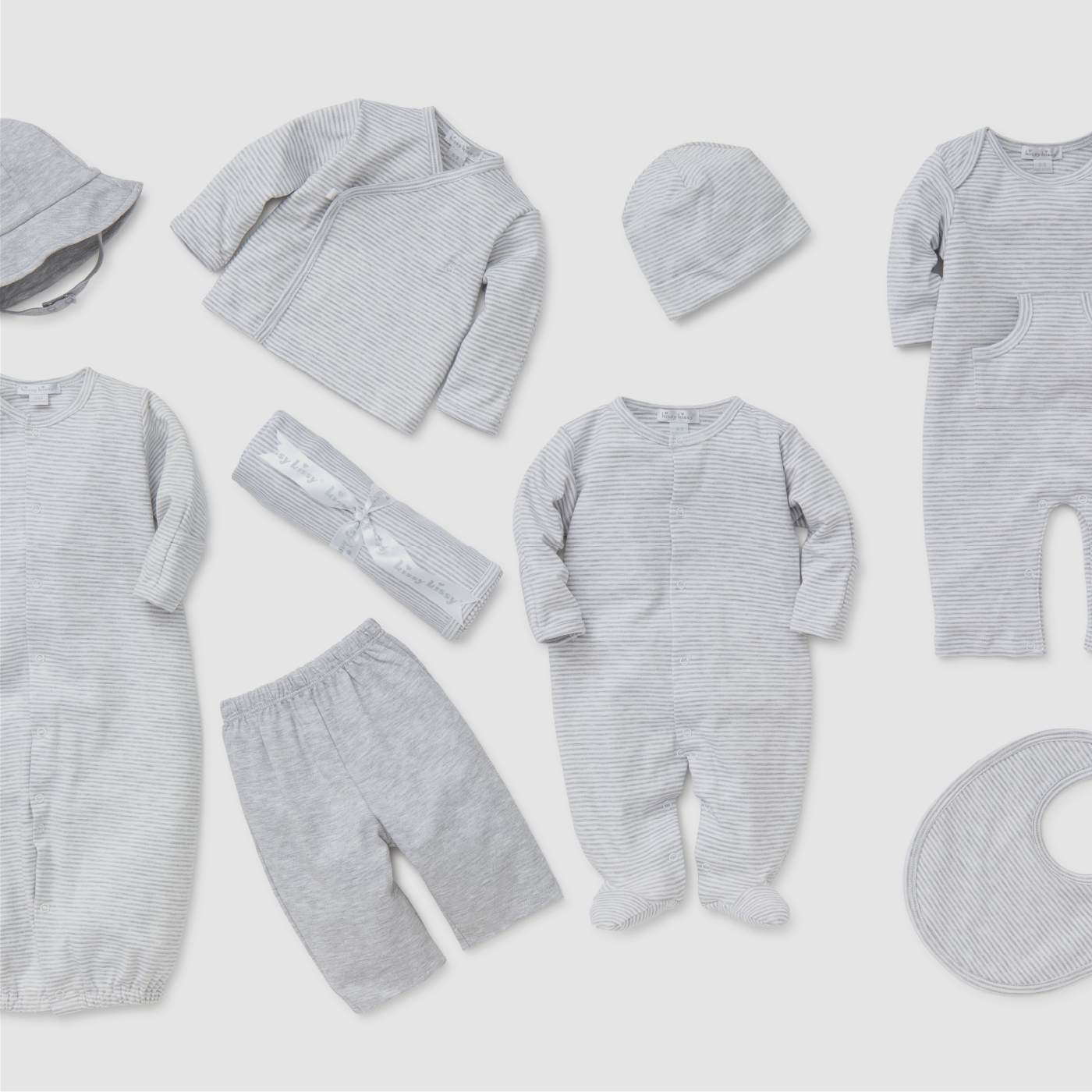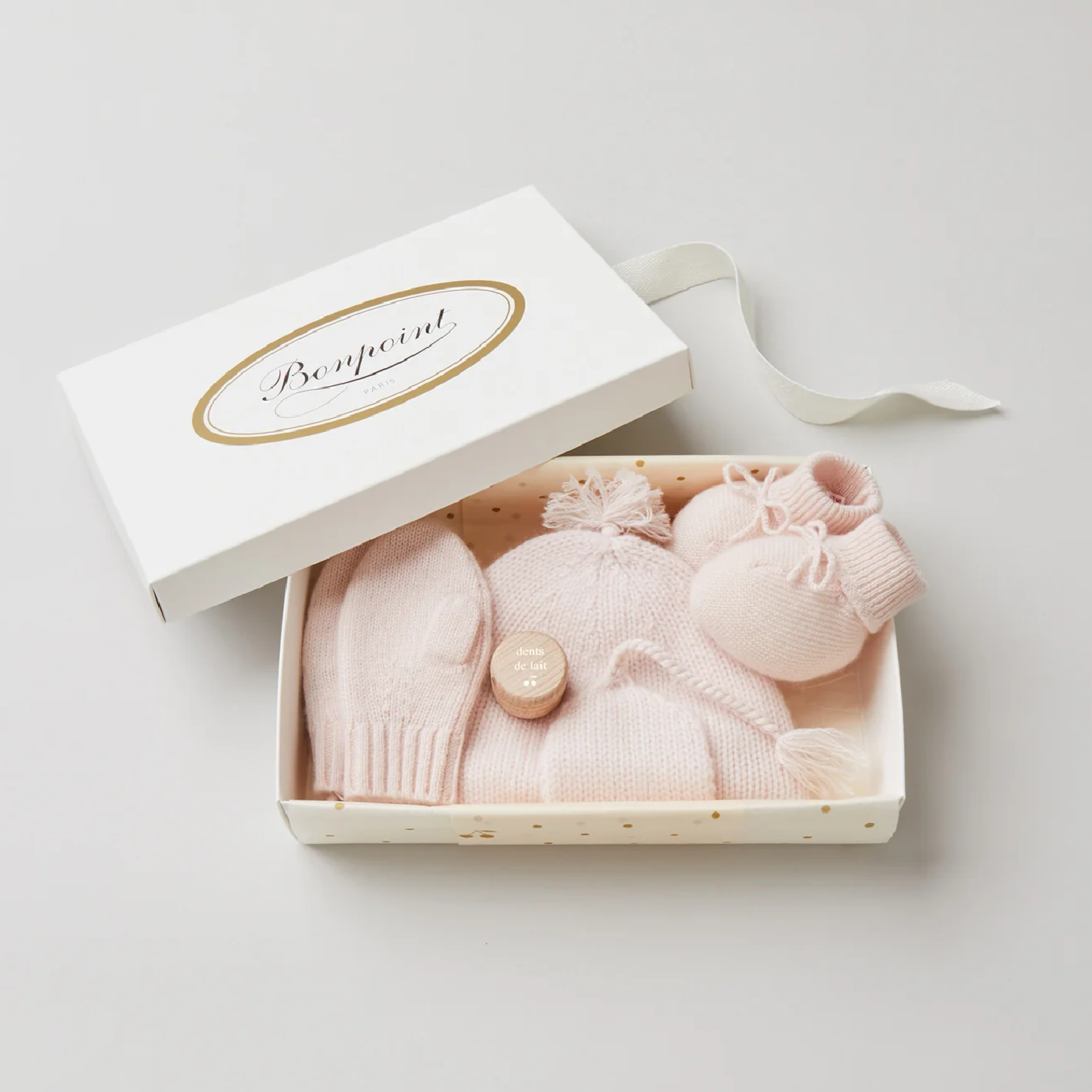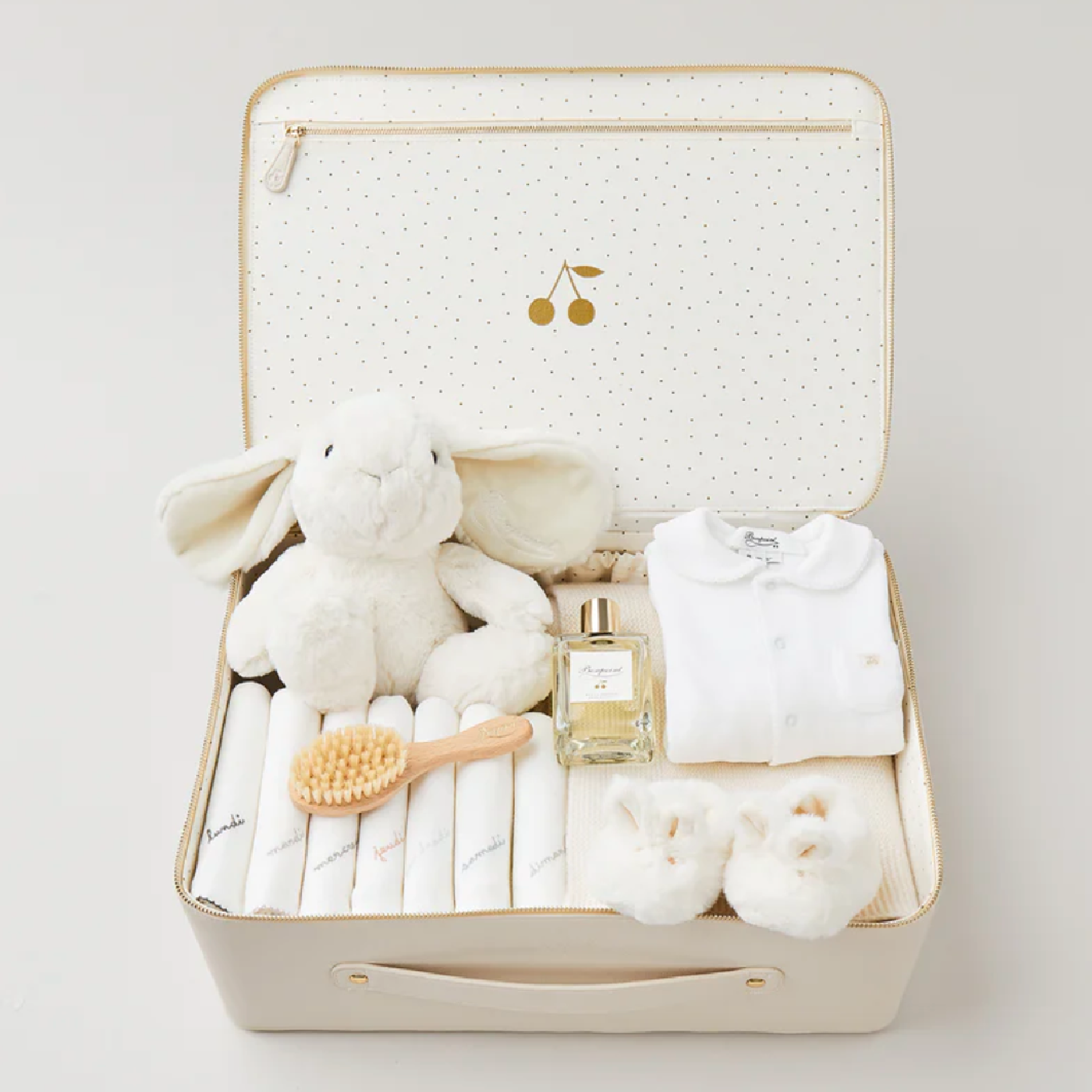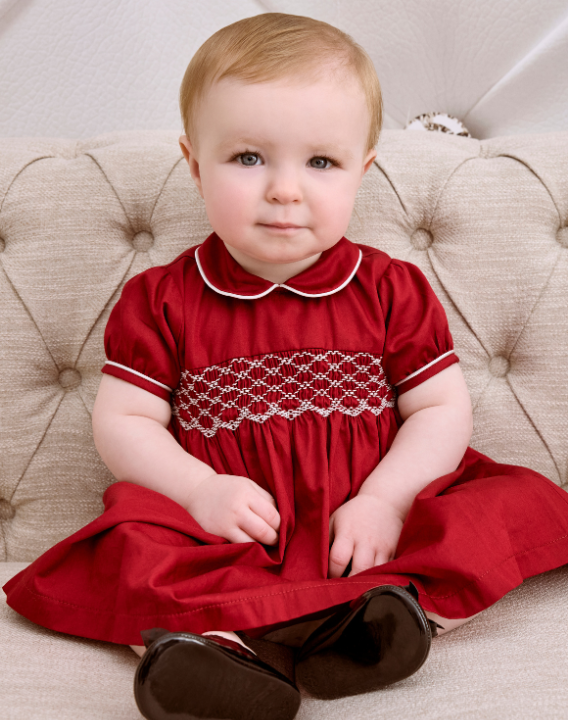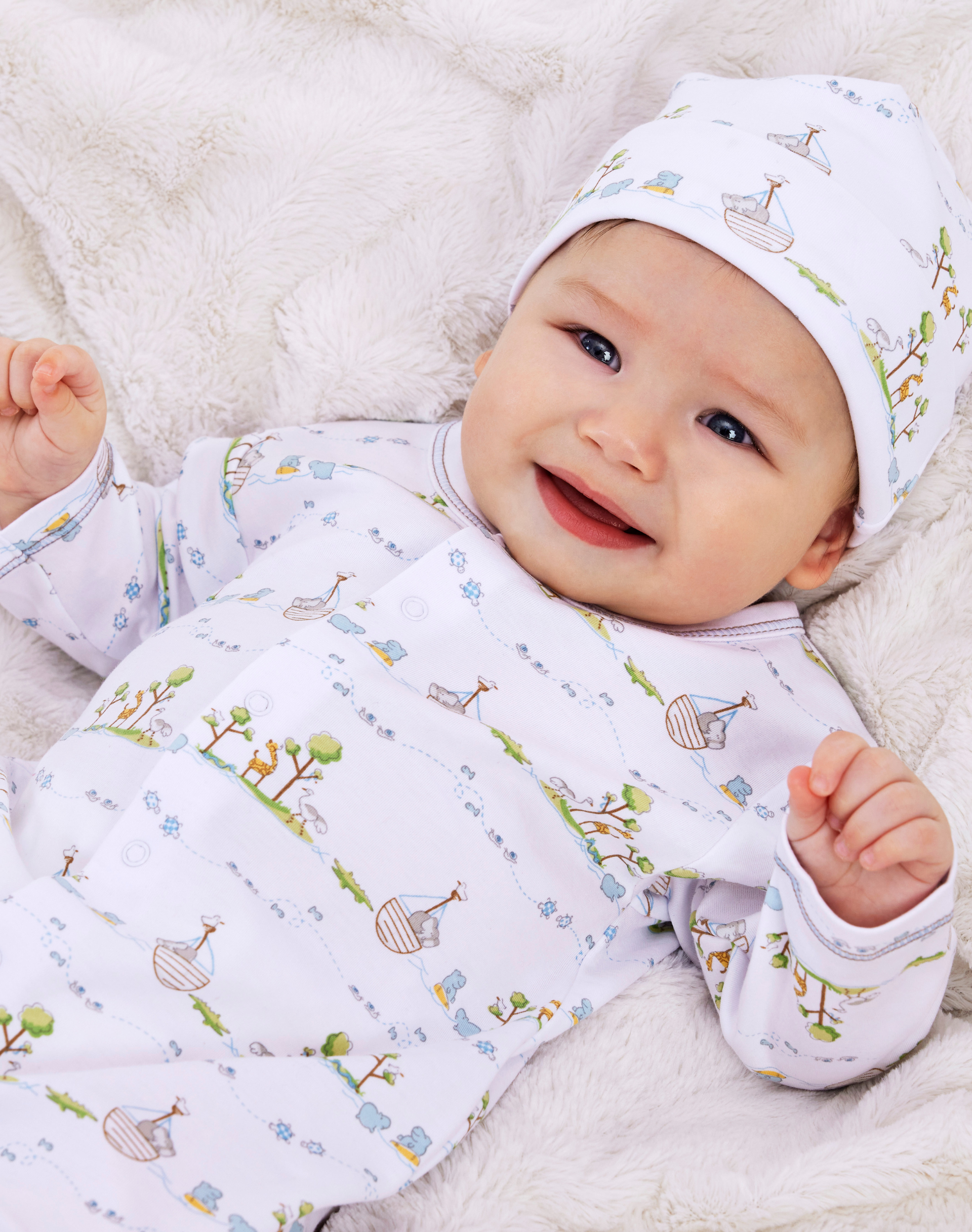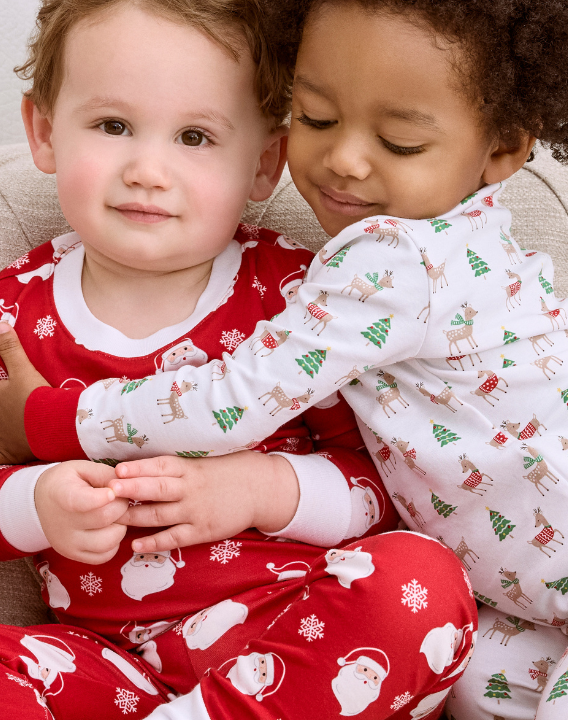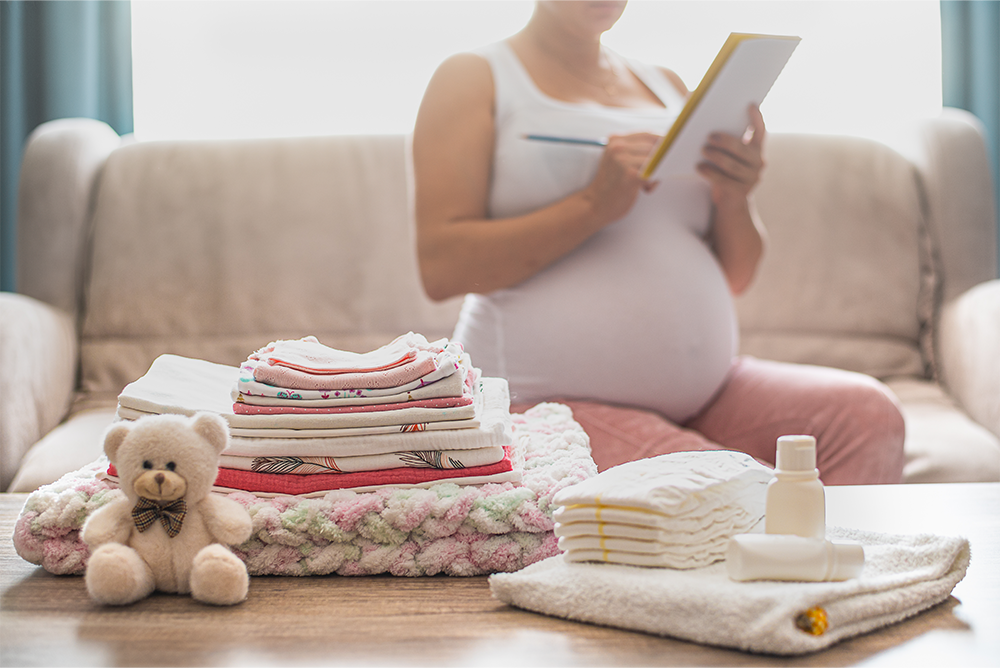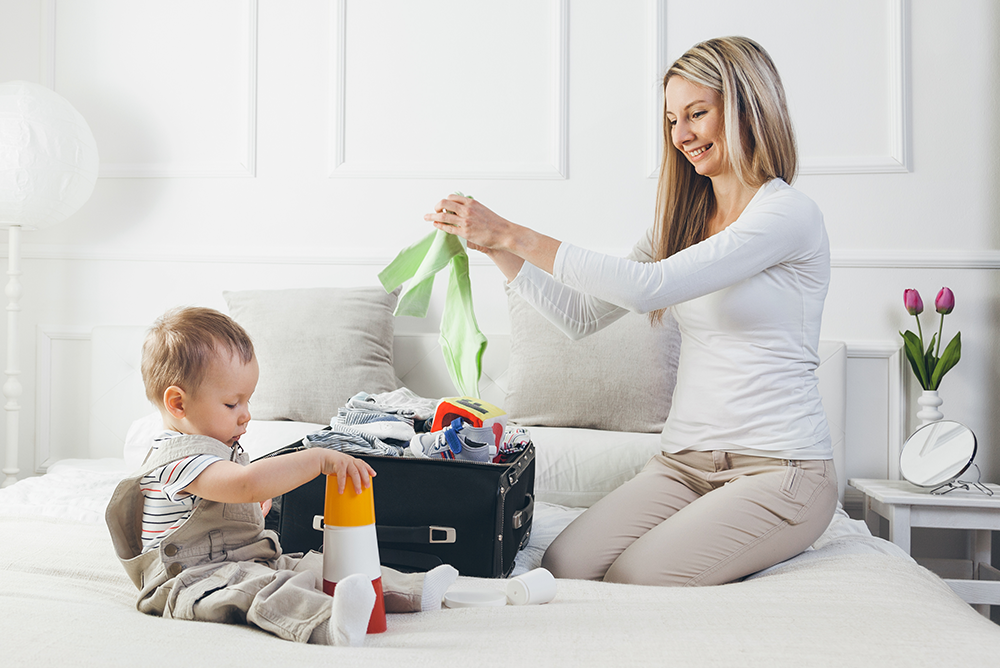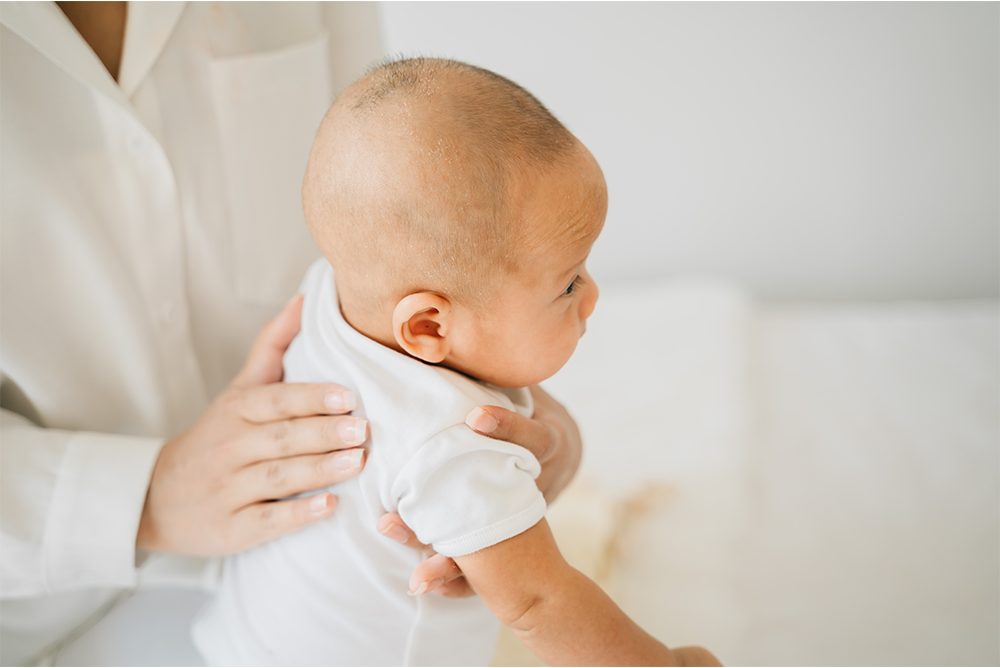
Why It’s Great to Burp Your Baby (And How to Do it Right!)
While it’s not always the most glamorous job, we must admit, there is some cute factor when you hear your baby burp after a feeding. And it’s good for your baby too. A healthy burp means your baby has expelled excess gas build-up from feeding and now can relax without being fussy or uncomfortable.
The good news: according to some pediatric doctors, the majority of babies will outgrow the need to be burped by 4 - 6 months of age.
Still, in these early weeks and months, it’s important to know why we burp, how to tell if you baby needs to be burped and the best ways to get your baby burping.
Why We Burp Our Babies
When your baby drinks and/or feeds, it’s natural that she’ll end up swallowing some air along with her breast milk or formula. When those air bubbles get trapped in her tummy, she can end up feeling uncomfortable and maybe even full before she's truly finished eating. That’s why it’s a vital part of the feeding process to burp your baby and bring up any excess air!
How to Tell if Your Baby Needs to be Burped
If your baby is squirmy during her feeding, there’s a good chance she needs to be burped. Generally, burping occurs after mealtime but it’s important to bear in mind that, now and again, your baby may indeed require a little extra burping.
For example, if your baby was very hungry before their feeding time, they may have ingested their food a little more quickly than usual, and this can cause them to swallow additional air causing bubbles in her tummy.
Additionally, if she has a stuffy nose, this can cause air bubbles in her tummy too as she may have breathed through her mouth.
Finally, if your baby has colic, or has just been crying a lot, she may tend to swallow more air and this will require a little more burping.
Additionally, the American Academy of Pediatrics recommends burping your baby:
- Any time the mother switch breasts
- Every 2-3 oz (60 – 90 mL) if being bottle-fed. Pausing to burp regularly slows feeding and reduces air intake.
How much your baby necessitates burping will vary and some trial and error will be necessary to find the best method, so there’s no “one-size-fits-all.” For instance, a newborn just after breastfeeding will usually burp less simply because they tend to swallow less air.
Best Burping Methods
Leaning
- First, place a burping cloth or towel across your shoulder and upper back.
- Then, rest your baby’s chin or belly on your shoulder.
- As an aside, if you’re opting for their belly, be sure your baby can breathe easily. As a general rule, you may want to try the belly option after their baby has better head and neck control.
- Support and keep your baby in place with one hand, while using the other to gently pat your baby on the back.
Laying
- Place a burping cloth or towel across your lap.
- Lay your baby along your knees, perpendicular to your torso.
- With one hand, support your baby’s head so that it remains higher than her chest. This way, blood won’t rush to your baby’s head since she likely isn’t strong enough to hold her head up herself.
- With your other hand, gently tap your baby’s back.
Sitting
- Lay a burping cloth or towel across your lap and tie a bib on baby.
- Sit your baby on your lap, facing away from you
- Use your hand to support baby’s chest while using your fingers to support his or her jaw (just be sure to place your hand on her jaw and not her throat).
- With your other hand, gently tap your baby’s back.
The Spit-up Reality
Newborns and older babies alike will spit-up for different reasons but, the reality is, it’s going to happen at one point or another. Here are a few tips to minimize spitting up:
- Try to minimize air gulping during mealtimes
- Don't feed her while she's crying
- Feed her upright and let gravity be your help
- Tilt the bottle so liquid, and not air, fills the nipple. Better yet, use specialty bottles that don’t allow air into the nipple.
- Always burp her halfway through his feedings. If you don’t, one big bubble can cause one big mess!
- Don’t bounce her while, or just after, she's eaten
If you find that, after a few minutes of trying, your baby still hasn’t burped, consider switching methods or just continue with your feeding.
Of course, it’s always possible that your baby doesn’t actually have to burp!
Remember, the best method for burping will generally differ for babies so use the method that works best for you!
Join Us
@kissykissy
